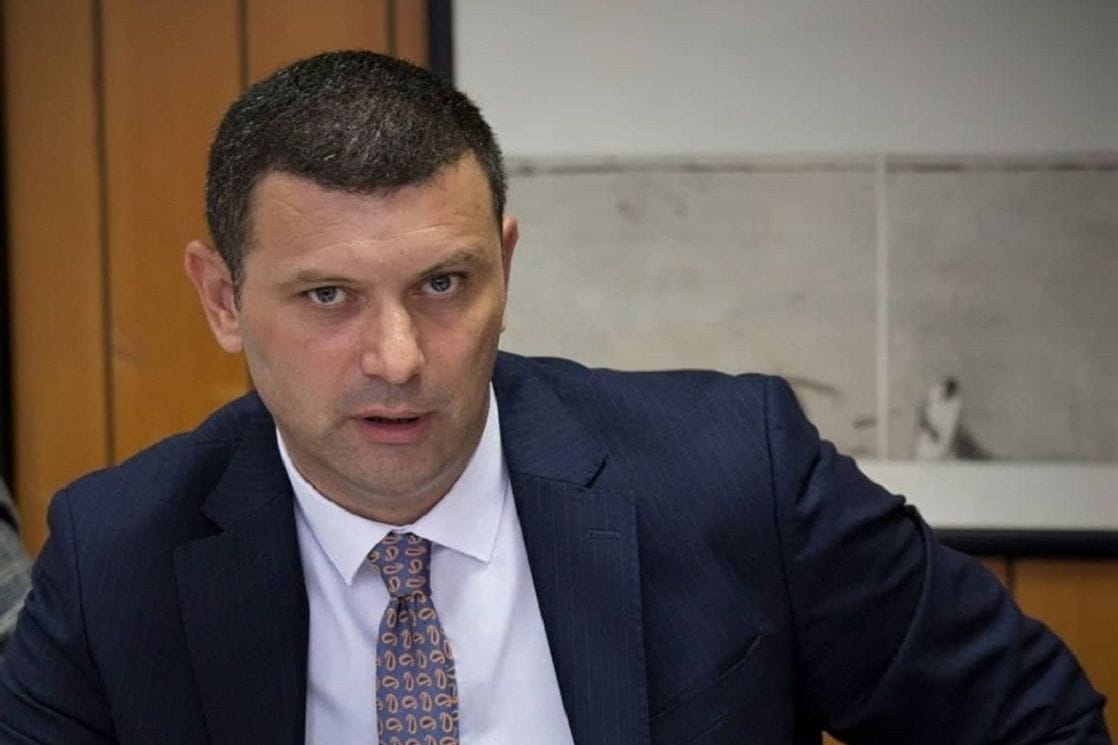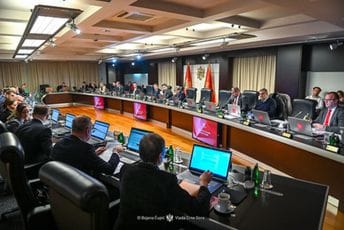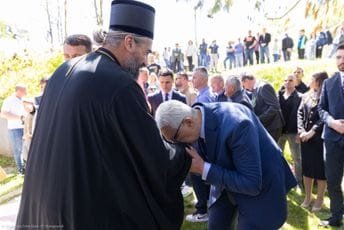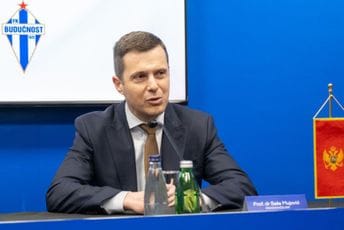Historian Adnan Prekić warns about increasingly frequent attempts of historical revisionism in Montenegro, where war criminals are being portrayed as a legitimate military formation. He points out that the public political discourse promotes a narrative of a fratricidal war and equates the Chetnik movement with the antifascist one. Prekić emphasizes that King Petar II Karađorđević ordered all patriots to join the national liberation struggle, and the attempt to present Chetniks as a legitimate army is completely false. He warns about a coordinated action of the church and political elites promoting revisionist narratives aimed at redefining history and identity of Montenegro. Prekić does not expect an institutional response because the goal of revisionism is politically clearly set.
Political Perspectives:
Left: Left-leaning sources emphasize the dangers of historical revisionism and the importance of preserving the truth about the antifascist struggle. They highlight the attempts to rehabilitate war criminals and equate fascist collaborators with antifascist fighters as a political tool to undermine democratic values and regional stability.
Center: Center-leaning sources report the facts of the historical debate and the political implications of revisionist narratives. They focus on the statements of historians and political figures warning about the risks of rewriting history and the potential impact on national identity and interethnic relations.
Right: Right-leaning sources may emphasize the narrative of national pride and the reevaluation of historical figures, sometimes portraying Chetnik forces in a more positive light. They might argue for a more nuanced understanding of history, including the complexities of wartime allegiances, but this can sometimes border on revisionism.


















